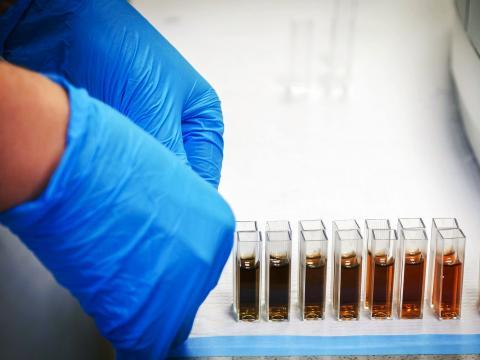
BMC Seminar Thursday 30 January, 12:00 in Læknagarður, Vatnsmýrarvegur 16, room 343
Speakers:
Ingunn S. Unnsteinsdóttir Kristensen, MSc, Phd, student department of Psychology Reykjavik University. Member of RU PhD student Association (RUPA). Former assistant director of Mjölnir MMA and current board member.
and
Helga Ágústa Sigurjónsdóttir, Phd, klínískur prófessor við Háskóla Íslands, Sérfræðingur í lyflækningum og Innkirtla-og efnaskiptasjúkdómum Landspítala og Læknasetri
Title: Secondary effects of head trauma in sports – psychological, neuropsychological and hormonal aspects
Abstract: Concussion is a form of mild traumatic brain injury (TBI), induced by a force of impact, directly or indirectly to the head, face, neck, or elsewhere. There is an ongoing debate on how to define a concussion and a definition that is uniformly and universally accepted has not been found. None the less, a certain consensus has been reached providing better guidelines to understand concussion. Even so, studies indicate that there is still a lack of knowledge among people who are at more risk getting a concussion and professionals working with them.
Women seem to be more likely to suffer from worse consequences after concussion as well as being more at risk of sustaining injuries in general than males. Women also seem to be more likely to have concussion than men and to be more likely to develop post concussive syndrome after only one concussion compared to men.
The main goal of this multi-component study is to assess concussion history among female elite athletes, the psychological and neuropsychological complications and possible hypopituitarism as well as possible correlation between concussion history, neuropsychological functioning, mental health and hormonal status.